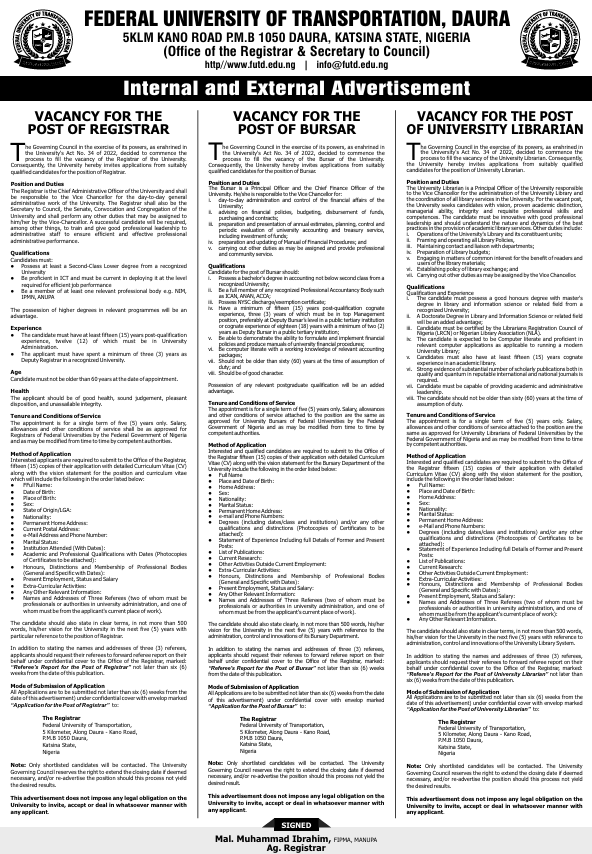The Director General of the Nigerian Institute of Transport Technology (NITT), Dr. Bayero Farah, has reiterated the importance of safety in transportation systems, even as he proffered some solutions to check unsafe practices in Nigeria.
The DG who spoke at the 10th Nigeria Transport Lecture held in Lagos recently, stated that about 65% of accidents are as a result of violations to traffic rules.
He advocated for the positioning of appropriate signs in the right places to ensure safety, especially for travelers who don’t know their way, as well as enforcement of violation rules without exceptions.
Speaking through the Director of Transport School in NITT, Engr. Remi Adewunmi, the DG said “driver behaviour in the country depicts a very unserious and unorganized crew of people exhibiting lack of training and disrespect for other road users resulting greatly in higher number of avoidable road crashes with the attendant high number of fatalities and injuries.
“Safety is a fundamental aspect of Nigeria’s public transport system, and improving safety standards is not only a matter of saving lives but also a catalyst for economic growth and development.”
According to him, “to achieve a safer and more efficient public transport system, collaborative efforts between government agencies and the public need to be made. As government bodies continue to enforce regulations, transport users should also prioritize safety, working towards the growth of the country.”
Emphasizing the need for proper driver development research and training centres, the DG regretted that “the big problem with the Nigerian driving instruction and education industry is that there is no qualifying process in place to becoming a driving instructor or a driver trainer.
“This unregulated nature of driver training and education in the industry could be one of the causal effects of the unacceptably high road traffic fatalities in Nigeria.”
Hence, he said “the Nigerian Institute of Transport Technology NITT Zaria seriously considered this situation and caused the review of the scope, structure and methodology deployed in driver training in Nigeria.
He said there is need to urgently “also develop a new scope of training programmes that will suit the peculiar needs of driver training in Nigeria; Structure the training programme identified above across different vehicle categories and various levels of delivery; and develop standard lines of driving instructors’ courses and driver conversion programmes that will meet the progression needs of the public sector employees.”
NITT, he said, has identified locations for Driver Development Research and Training Centres as follows-Zaria, Kaduna State; Ilorin, Kwara State; Ugheli, Delta State; Birnin Kebbi, Kebbi State; Maiduguri, Borno State; and Ikorodu, Lagos State.
However, he revealed that “due to paucity of funds, little progress has been made at the various centres since 2020, as the Institute is now thinking of engaging investors on a PPP arrangement”. According to him, a number of international investors are showing interests in the project.
Aside top transport sector stakeholders who graced the event, other agencies present were the Federal Road Safety Corps (FRSC), National Automotive Design and Development Council (NADDC), Nigerian Civil Aviation Authority (NCAA) and the Lagos state government.













